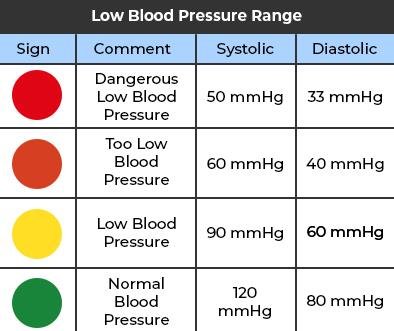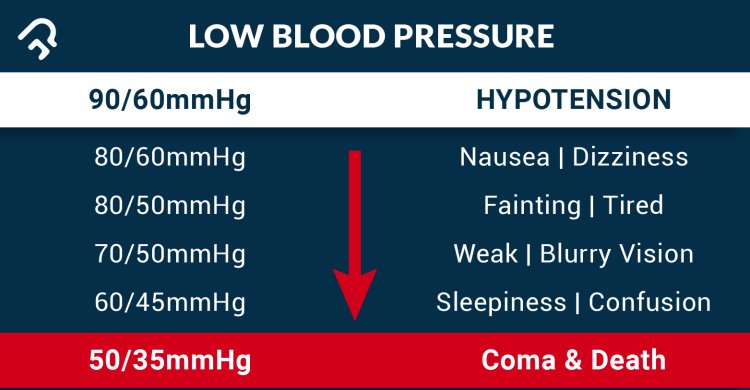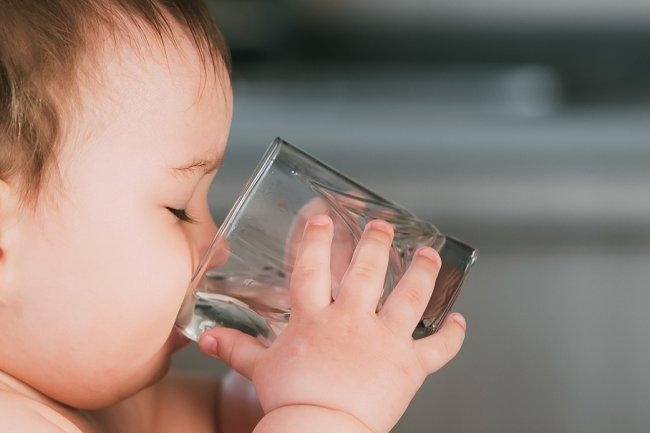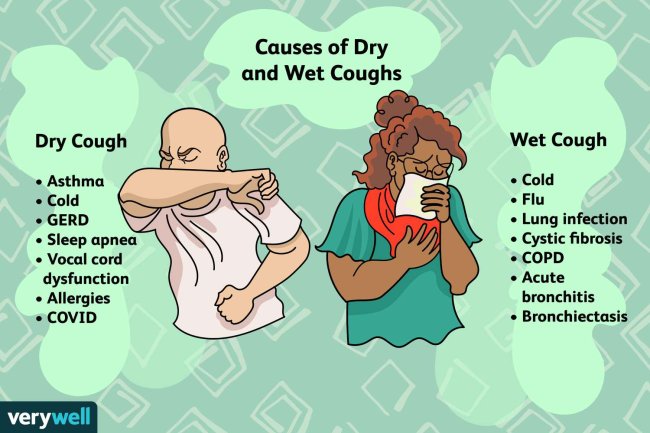Hypotension(Low blood pressure)
Low blood pressure, also known as hypotension, is a condition where the blood pressure in your arteries is lower than normal. Blood pressure is measured in millimeters of mercury (mmHg) and is represented by two numbers: systolic pressure over diastolic pressure. The normal range for blood pressure is typically around 120/80 mmHg.
Causes of low blood pressure may include:
-
Dehydration: When your body loses more water than it takes in, it can lead to a decrease in blood volume and subsequently lower blood pressure.
-
Heart problems: Some heart conditions, such as extremely low heart rate (bradycardia), heart valve problems, heart attack, and heart attack recovery, can lead to low blood pressure.
-
Endocrine problems: Some gland problems, like underactive thyroid (hypothyroidism), adrenal insufficiency (Addison's disease), and low blood sugar (hypoglycemia), can cause low blood pressure.
-
Severe infection (septicemia): When an infection in the body enters the bloodstream, it can lead to a life-threatening drop in blood pressure.
-
Blood loss: Losing a lot of blood from a major injury or internal bleeding reduces the amount of blood in your body, leading to a severe drop in blood pressure.
-
Severe allergic reaction (anaphylaxis): Anaphylaxis is a severe and potentially life-threatening allergic reaction that can cause a sudden drop in blood pressure.
-
Lack of nutrients in your diet: A lack of the vitamins B-12 and folate can prevent your body from producing enough red blood cells, causing low blood pressure.
-
Pregnancy: Some women experience low blood pressure during pregnancy, especially in the first 24 weeks. It often returns to normal later in pregnancy.
Low blood pressure, or hypotension, doesn't always cause noticeable symptoms, and some people may have low blood pressure without any adverse effects. However, when symptoms do occur, they can include:
-
Dizziness or lightheadedness: One of the most common symptoms is feeling lightheaded or dizzy, especially when standing up from a sitting or lying position. This can be due to a sudden drop in blood pressure.
-
Fainting (syncope): In severe cases, low blood pressure can lead to fainting or passing out. This may occur when blood flow to the brain is insufficient.
-
Blurred or narrowing vision: Insufficient blood supply to the eyes can cause blurred or narrowing vision.
-
Nausea: Some people with low blood pressure may experience feelings of nausea or even vomiting.
-
Fatigue: A general sense of weakness or fatigue can be a symptom of low blood pressure.
-
Difficulty concentrating: Insufficient blood flow to the brain can affect cognitive function, leading to difficulty concentrating.
-
Cold, clammy skin: The skin may feel cool and clammy due to reduced blood flow to the extremities.
-
Rapid or shallow breathing: In an attempt to compensate for reduced oxygen delivery to the body, the respiratory rate may increase.
Treatment for low blood pressure depends on the underlying cause. In some cases, addressing the root cause may be sufficient. However, general strategies to manage low blood pressure include:
-
Increasing salt intake: This can help raise blood pressure, but it should be done under the guidance of a healthcare professional.
-
Drinking more water: Ensuring adequate hydration is crucial, especially if low blood pressure is due to dehydration.
-
Wearing compression stockings: These can help reduce the pooling of blood in the legs and alleviate symptoms.
-
Avoiding alcohol: Alcohol can lower blood pressure further, so limiting or avoiding alcohol consumption may be recommended.
-
Eating small, low-carb meals: Large or high-carbohydrate meals can lead to a sudden drop in blood pressure, so eating smaller, more frequent meals may be beneficial.
If low blood pressure is causing symptoms and lifestyle modifications are not sufficient, a healthcare professional may prescribe medications to help increase blood pressure.
What's Your Reaction?
















